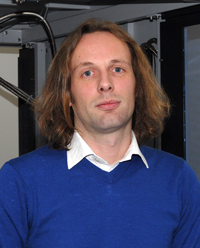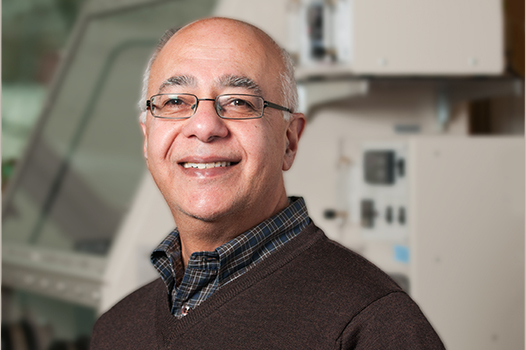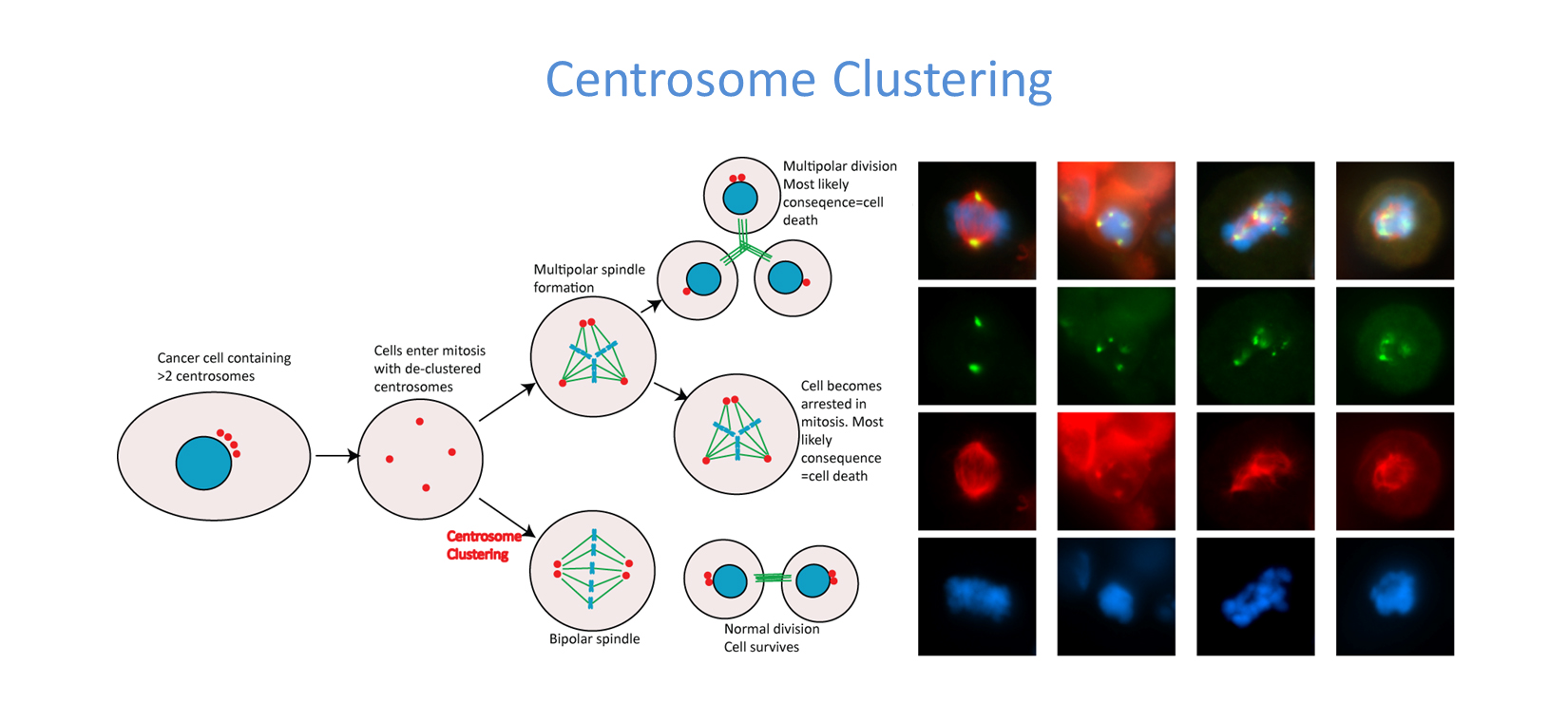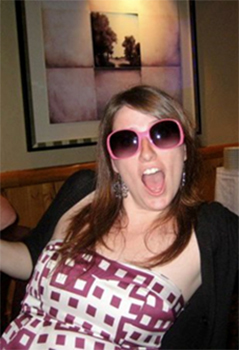 “Chromatin-Targeting Domains and the Divergence of Histone H3” by Kristina McBurney, PhD Candidate, Howe Lab. Tuesday, February 23, 2016 at 9:00 am. Room 200, Graduate Student Centre, 6371 Crescent Road
“Chromatin-Targeting Domains and the Divergence of Histone H3” by Kristina McBurney, PhD Candidate, Howe Lab. Tuesday, February 23, 2016 at 9:00 am. Room 200, Graduate Student Centre, 6371 Crescent Road
Kristina McBurney – Doctoral Exam
BMBDG Seminar – Ji-Joon Song
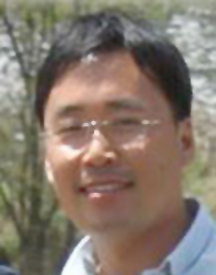 “Molecular Architecture of Huntingtin’s Disease protein and Beyond”, presented by Ji-Joon Song, Associate Professor, Department of Biological Sciences, Korea Advanced Institute of Science and Technology (KAIST).
“Molecular Architecture of Huntingtin’s Disease protein and Beyond”, presented by Ji-Joon Song, Associate Professor, Department of Biological Sciences, Korea Advanced Institute of Science and Technology (KAIST).
Monday, January 25, 2016 LSC 3 at 3:00 pm, 2350 Health Sciences Mall.
Undergraduate 3MT Winners
Congratulations to the winners of the Undergraduate Biochemistry 3MT event
Three Minute Thesis (3MT®) is an academic competition developed by The University of Queensland, Australia. Typically, these competitions are directed at graduate students. Considering the wide range of undergraduate research at UBC, on November 25, we had an undergraduate 3MT competition. Challenging their communication skills, undergrads in BIOC 448 and BIOC 449 shared their research topics in 3 minutes. 10 undergrad student participated, with a panel of graduate student judges and an audience of over 30 undergraduates.
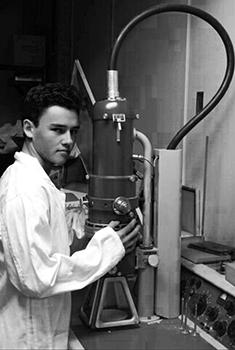 Nick Irwin- Awarded People’s Choice
Nick Irwin- Awarded People’s Choice
Investigating dinoflagellate genome evolution with the help of Saccharomyces cerevisiae
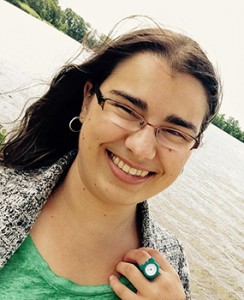 Trisha Barnard – Won based on judging panel
Trisha Barnard – Won based on judging panel
That’s nonsense! Developing an assay to discover treatments for rare genetic diseases
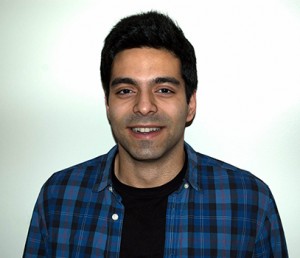 Pouya Azizi – Won based on judging panel
Pouya Azizi – Won based on judging panel
Bone Collagen Preservation by Red Sage Compounds
BMBDG Seminar – PhD Exit Seminar: Kristina McBurney and Dustin King

“Chromatin-Targeting Domains of the NuA3 Histone Acetyltransferase Complex,”presented by Kristina McBurney, Doctoral Candidate in LeAnn Howe Lab.
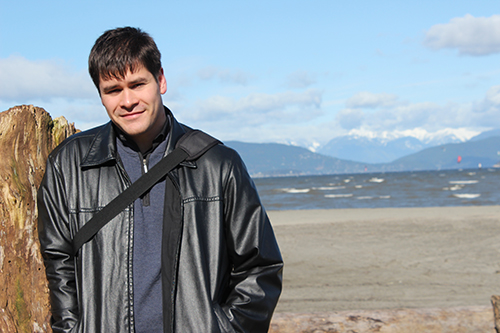
“Protecting Our β-lactam Antibiotic Assets: Structural Investigation of β-lactamases,”
presented by Dustin King, Doctoral Candidate in Natalie Strynadka lab.
Monday, January 11, 2016, LSC #3 at 3:00 pm, 2350 Health Science Mall
BMBDG Seminar – D Flemming Hansen
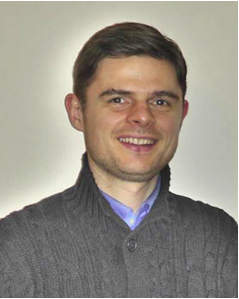 “Dynamic hotspots in the von Willebrand Factor and in Histone Deacetylases: Implications for regulation and interactions,” presented by D. Flemming Hansen, Institute of Structural and Molecular Biology, University College London.
“Dynamic hotspots in the von Willebrand Factor and in Histone Deacetylases: Implications for regulation and interactions,” presented by D. Flemming Hansen, Institute of Structural and Molecular Biology, University College London.
Monday, January 4, 2016, LSC 3 at 3:00 pm, 2350 Health Sciences Mall
BMBDG Seminar – Alisdair Borastan
 “Structural and functional glycobiology: understanding the molecular basis and biological outcomes of microbial carbohydrate metabolism”, presented by Alisdair Boraston, Professor, Department of Biochemistry & Microbiology, University of Victoria.
“Structural and functional glycobiology: understanding the molecular basis and biological outcomes of microbial carbohydrate metabolism”, presented by Alisdair Boraston, Professor, Department of Biochemistry & Microbiology, University of Victoria.
Monday, January 18, 2016 LSC 3 at 3:00 pm, 2350 Health Sciences Mall.
2015 Distinguished Medical Research Lecturer Award
Dr. Shoukat Dedhar have been selected by the Faculty of Medicine Research Council to be awarded the 2015 Distinguished Medical Research Award in Basic Science Research.
“Every year the Faculty of Medicine recognizes the outstanding lecturers in our medical research fields. Candidates from Basic Sciences or Clinical Sciences are nominated by fellow faculty members on the basis of a distinguished research career, recognition in the medical community and effective contributions to student educational growth over the past year. Nominees are selected by the Faculty of Medicine Research Council. Acceptance of this award is accompanied by a seminar open to all faculty members and students as a part of the Leaders in Medical Discovery Series. The seminar will be accredited for College of Family Physicians of Canada and Royal College of Physicians and Surgeons of Canada credits.”

